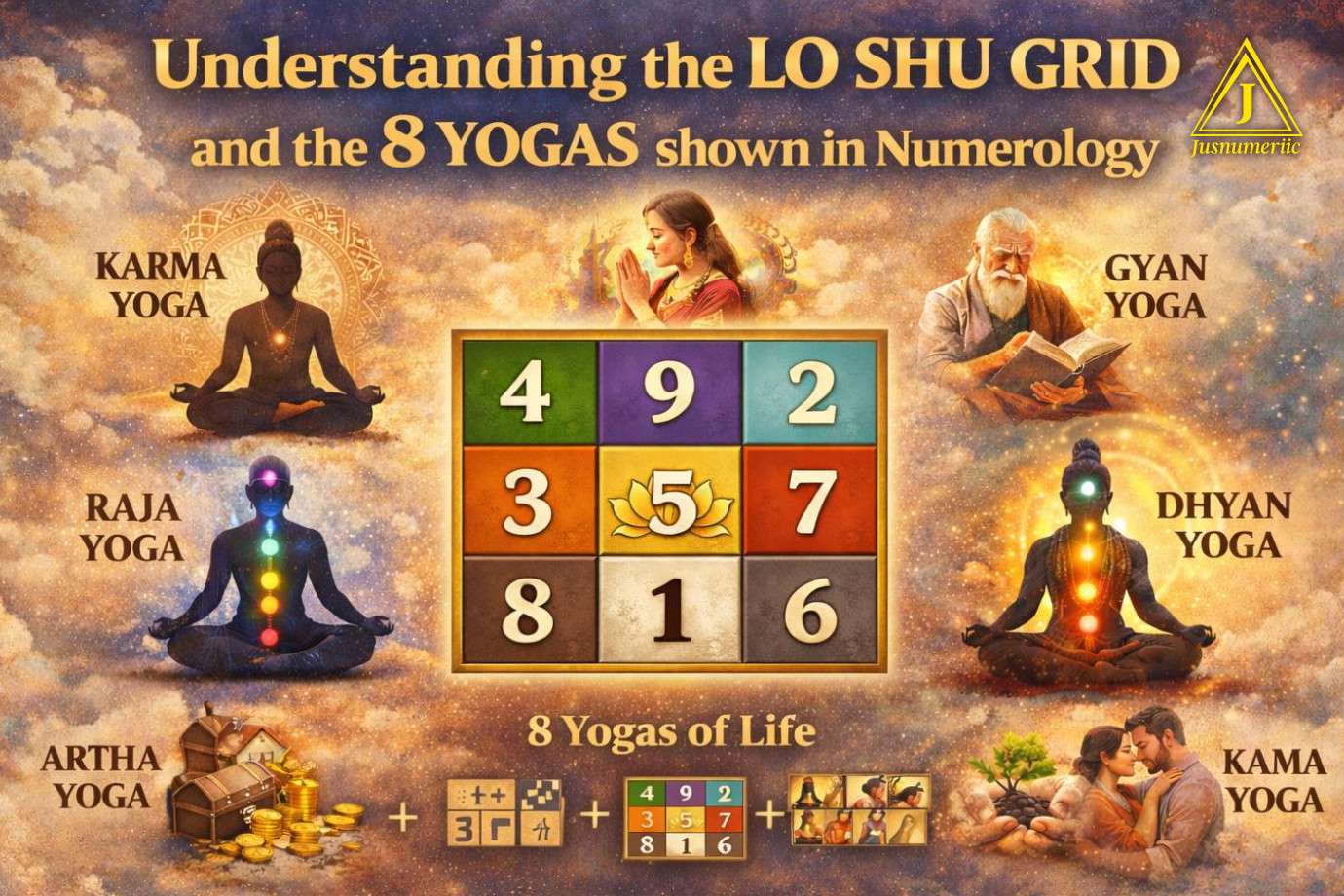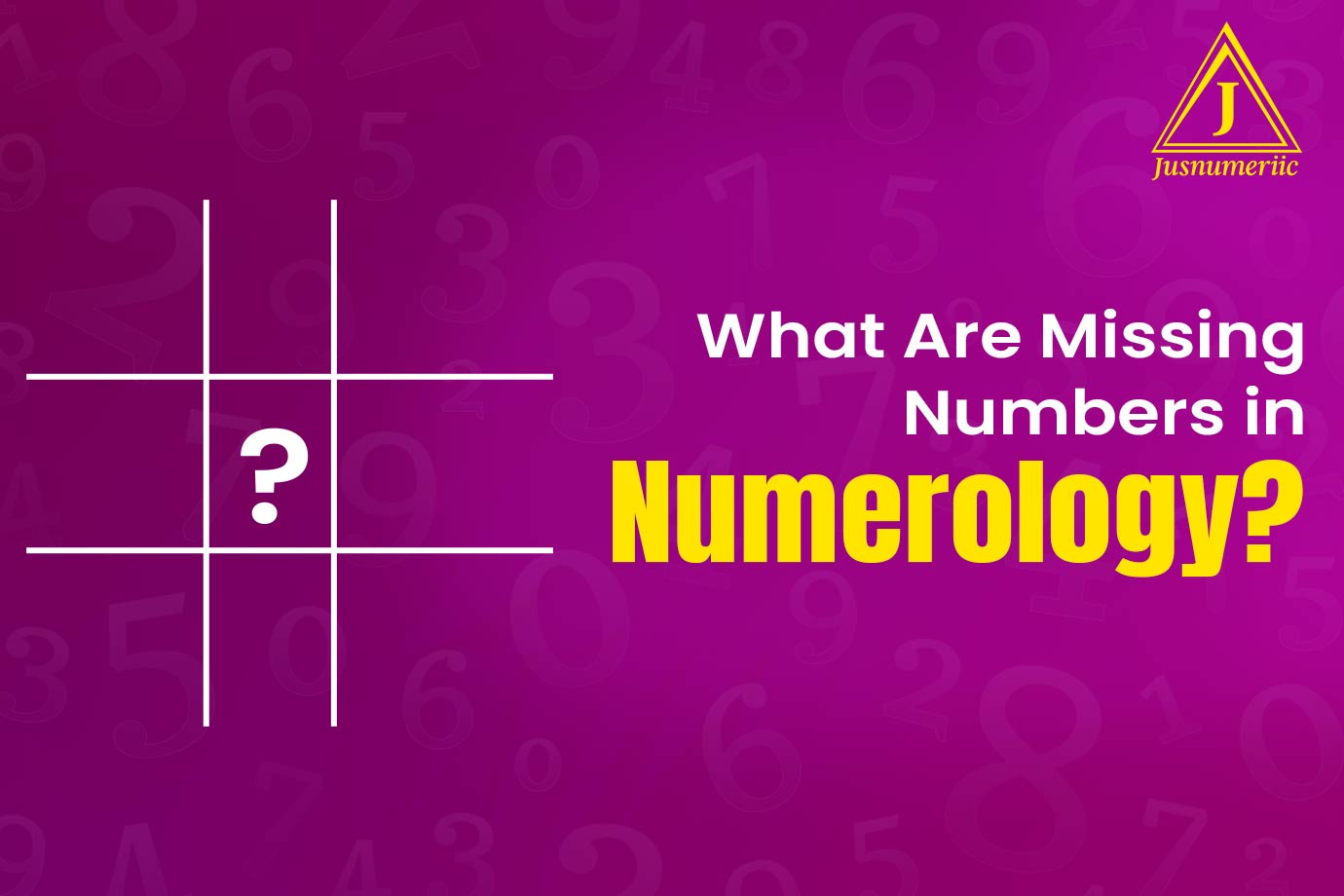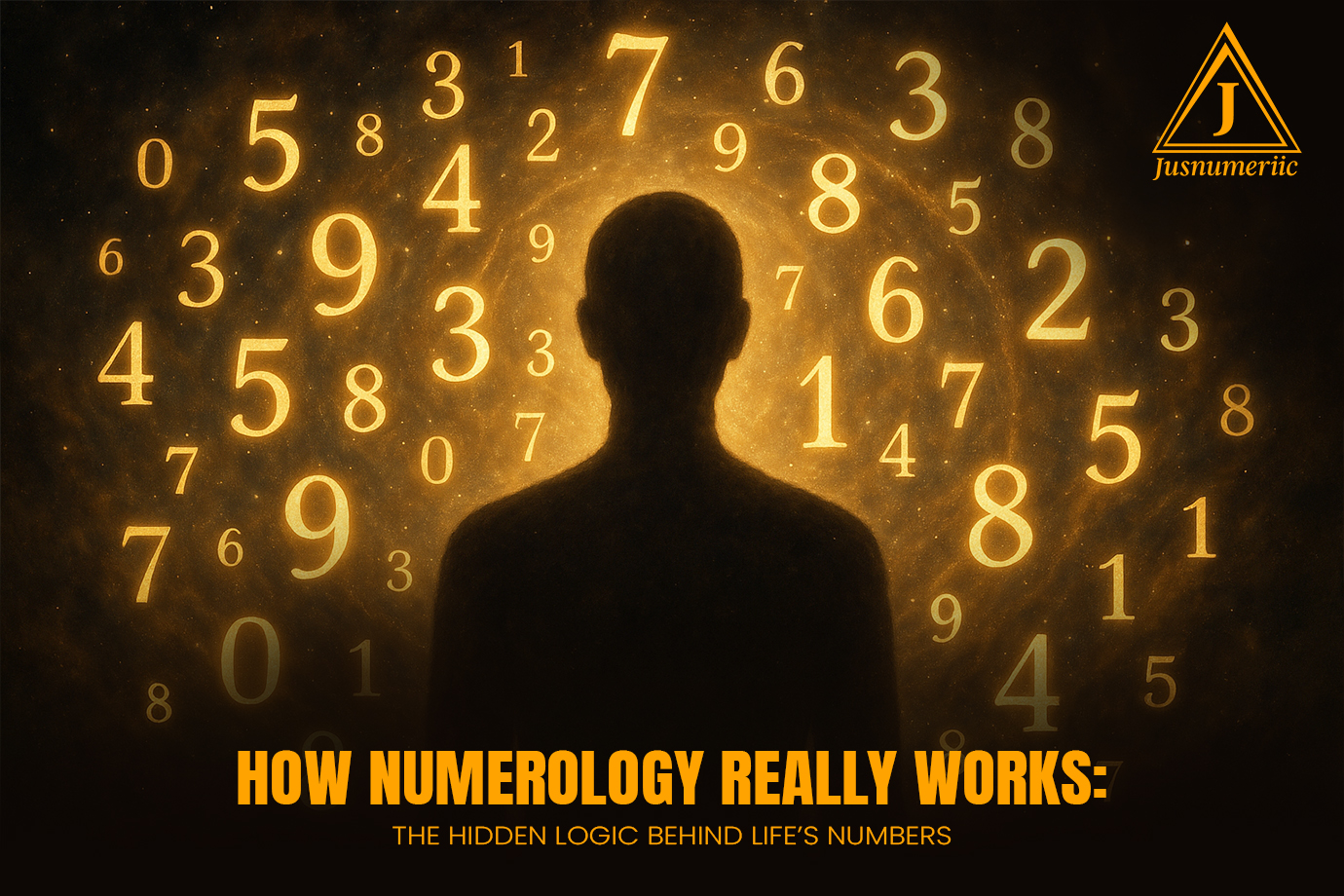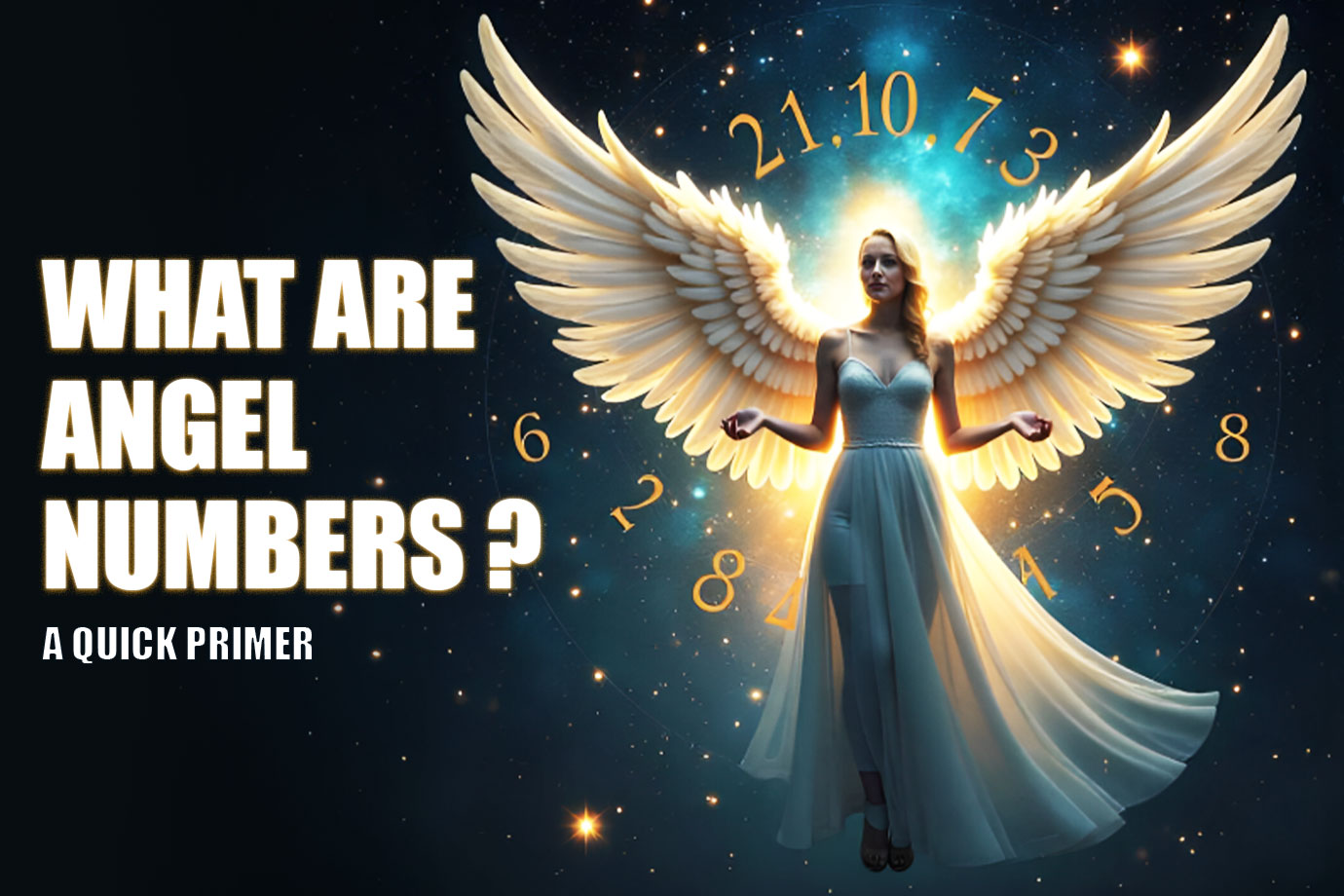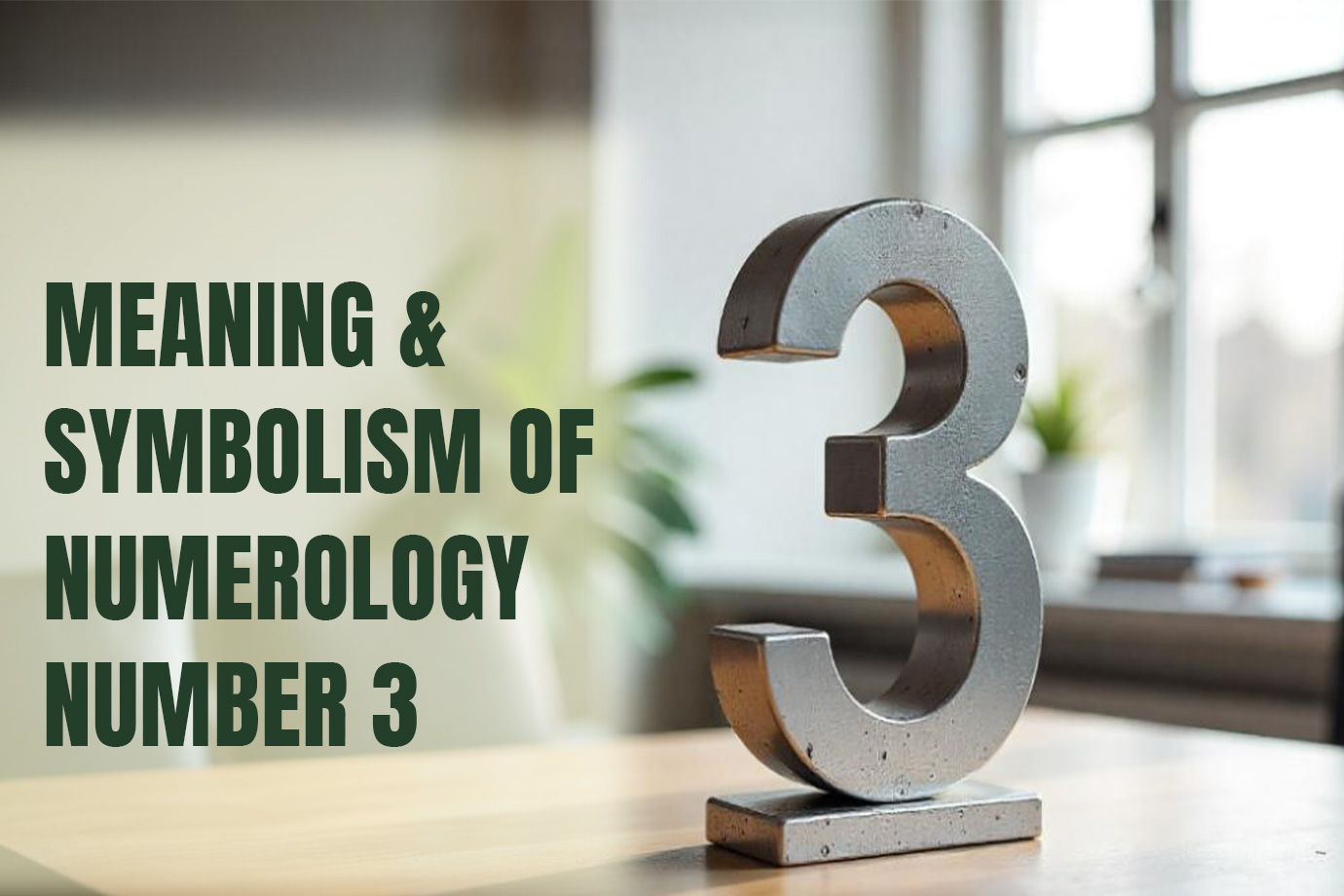Astrology and numerology are two ancient symbolic systems that purport to reveal hidden patterns in human life. Astrology reads the sky – it assumes that the positions of the Sun, Moon, planets and stars at the moment of an event (especially birth) influence that event. Numerology reads numbers – it assumes that dates and names carry mystical numerical vibrations that shape personality and fate. Both offer a spiritual–philosophical worldview: astrologers speak of cosmic archetypes and cycles, while numerologists speak of vibrational essences and karmic patterns.
In practice they overlap (many people consult both charts and life-path numbers), but their origins, symbols and methods differ significantly. Below we trace their histories, core principles, interpretive methods, and modern roles, highlighting how each system interprets personality and destiny and how believers and skeptics view them.
Historical Origins
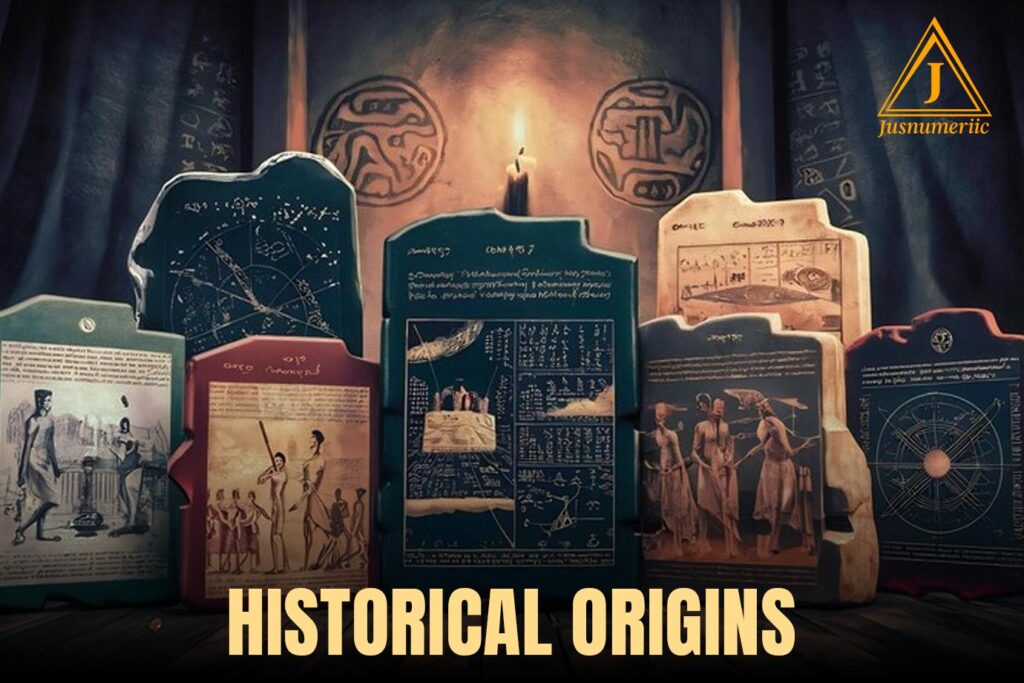
Astrology is one of the world’s oldest belief systems. Early civilizations linked celestial phenomena with earthly events. For example, by the 3rd millennium BCE people in Mesopotamia noted lunar cycles for calendars and seasonal changes. Organized Babylonian astrology emerged in the 2nd millennium BCE, and by around 500 BCE the Babylonians had divided the ecliptic into 12 zodiac signs (Aries, Taurus, etc.). These constellations became the basis for Western astrology.
The assumption was that the outcome of an event (most notably, someone’s birth) is affected by the zodiacal positions of the Sun, the Moon, and the planets when that event happened. Astrology spread through Greece and the Hellenistic world, then into Rome, medieval Europe, the Islamic world, and India. For much of history it was considered a scholarly tradition (driving early astronomy) until 17th-century science (heliocentrism, etc.) undermined its premises. By the modern era astrology had largely lost academic status, though it remained culturally influential.
Numerology also has ancient roots, though not as formally systematized as astrology. Its origins lie in number mysticism and gematria (the practice of assigning numeric values to letters/words). Hebrew gematria and Greek isopsephy (6th century BCE) assigned meanings to letters and numbers. The Greek philosopher Pythagoras (6th century BCE) taught that reality is based on numerical harmony – “the physical world was the amalgamation of the energetic vibrations of numbers.” In medieval Europe and the Islamic world, numerological ideas mingled with Kabbalah and alchemy.
The word numerology itself only appears in English around 1907, but the practice was recognized in antiquity. Numerology’s systems (e.g. Pythagorean vs. Chaldean letter-to-number mappings) and their interpretations have varied across cultures, but the basic idea is old: numbers are seen as a pervasive aspect of human thought deeply connected to religion and mysticism.
Core Principles and Symbolic Systems

While both astrology and numerology seek cosmic meaning, they use very different symbols:
- Astrology: The sky is divided into the 12 zodiac signs and 12 houses. Planets (the Sun, Moon, Mercury…Pluto) move through these signs. Each zodiac sign (Aries, Taurus, etc.) is an archetypal symbol with characteristic qualities. In an individual’s natal chart, the sign the Sun (or Moon) occupies under which a person is born is of great significance, implying core personality traits. Other planets and chart points add nuance. Astrology assumes a cosmic order: planetary archetypes and aspects (angles between planets) form a “blueprint” of potential traits and life patterns.
- Numerology: The symbols are numbers themselves. Each letter of the alphabet is assigned a number (in Pythagorean numerology, A=1 through I=9, then J=1 again, etc.), and key Personal Numbers are derived. For example, the Life Path Number is calculated by summing the digits of one’s birthdate (e.g. 5/20/1980 → 5+2+0+1+9+8+0 = 25 → 2+5 = 7). According to numerologists, this “root number” reveals one’s essential traits. Likewise, a full name (each letter’s number) yields a Destiny/Expression Number, said to indicate life purpose.
In summary, astrology’s symbolic system is astronomical: signs of the zodiac, planets, houses, and aspects form a complex chart. Numerology’s is arithmetical: numbers (1–9, master numbers) and their derived totals are the key symbols.
Methods of Interpretation
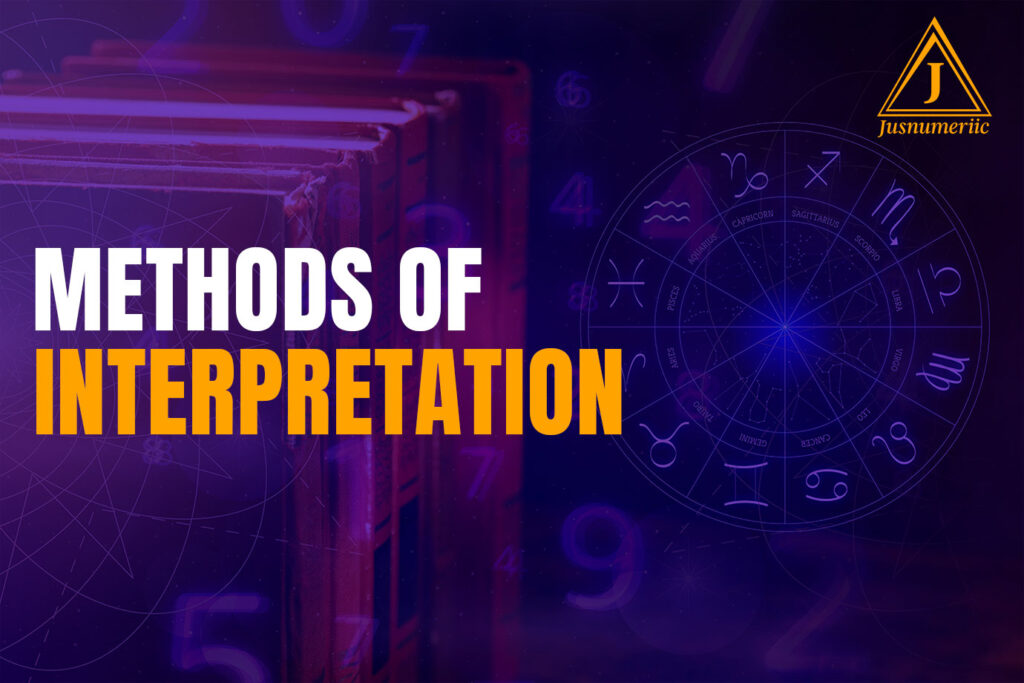
- Astrology: An astrologer constructs a natal chart using a person’s birth date, time and place. The chart shows where each planet was located in the zodiac signs and houses at that moment. The astrologer then interprets this configuration. Transits (current planetary movements) and progressions are used to forecast future events. In short, astrology is a chart-based interpretation, rich in symbolism: the interplay of planets, signs and angles is thought to mirror life’s possibilities.
- Numerology: A numerologist takes birth data and names and applies formulaic reductions. For example, to find the Destiny (Expression) Number, each letter in the full name is converted to a number and summed (reducing to a single digit or master number). The Soul Urge or Heart’s Desire Number comes from the vowels in the name, etc. The Life Path Number comes from the birthdate digits. These core numbers are then looked up in numerology tables or guides. Each number is believed to signify traits.
Destiny, Personality, and Life Events

- Astrology views the natal chart as a cosmic fingerprint. The Sun sign captures broad character, while the Moon, rising sign, and planetary placements refine it. Planetary transits signal challenges, transformations, or breakthroughs.
- Numerology treats numbers as karmic blueprints. The Life Path Number represents a soul’s mission, while other numbers define personality traits, desires, and karmic lessons. Repeating numbers (like 11:11) are believed to be spiritual synchronicities or signals from the universe.
In both, destiny is partly written – but both systems also stress free will and the ability to evolve spiritually.
Metaphysical Assumptions
- Astrology assumes a macrocosm-microcosm link: the heavens mirror or affect life on Earth. Its foundation lies in archetypes, cycles, and cosmic symmetry.
- Numerology believes in vibrational reality: every number vibrates at a certain frequency. Numbers are spiritual keys that unlock personality, purpose, and fate.
Both assume we live in a symbolic universe where meaningful patterns shape reality.
Also read: Attracting Wealth & Prosperity Through Numerology: 5 Simple Yet Powerful Tips
Overlaps and Contrasts
- Overlaps: Both are used for personality analysis, forecasting, and spiritual insight. Both assign meanings to birth data. Many spiritual practitioners blend both for a fuller picture.
- Contrasts:
- Astrology is dynamic, based on moving planets and cycles.
- Numerology is static, based on fixed data (name and birthdate).
- Astrology is complex and multilayered.
- Numerology is formulaic and concise.
- Astrology is dynamic, based on moving planets and cycles.
Also Read : How to Calculate Your Personal Year Number in Numerology
Modern Relevance
In today’s age of self-discovery, astrology and numerology are resurging in popularity. Apps, websites, and YouTube channels offer daily horoscopes, numerology readings, and compatibility charts. While science largely dismisses both as pseudoscience, millions turn to these tools for spiritual comfort, insight, and guidance.
For many, astrology and numerology aren’t about “fortune-telling” but self-understanding. They provide metaphors, symbols, and language to explore the deeper layers of human experience, cycles of growth, and personal transformation.
Read also: Numerology Matching and Marriage Compatibility in India
Conclusion
Astrology and numerology are two distinct but spiritually aligned systems. Both suggest that human life is patterned, symbolic, and connected to greater forces – whether in the sky or in the hidden mathematics of names and dates. Whether one sees them as belief systems, symbolic languages, or metaphysical sciences, they continue to inspire wonder and self-reflection.
The sky and the numbers may not dictate our fate — but they may mirror something deeper within us, waiting to be seen.



